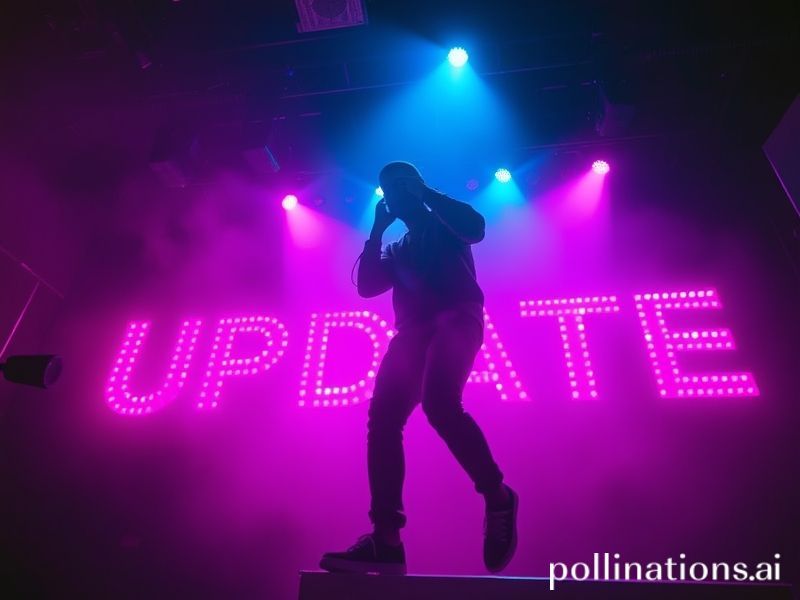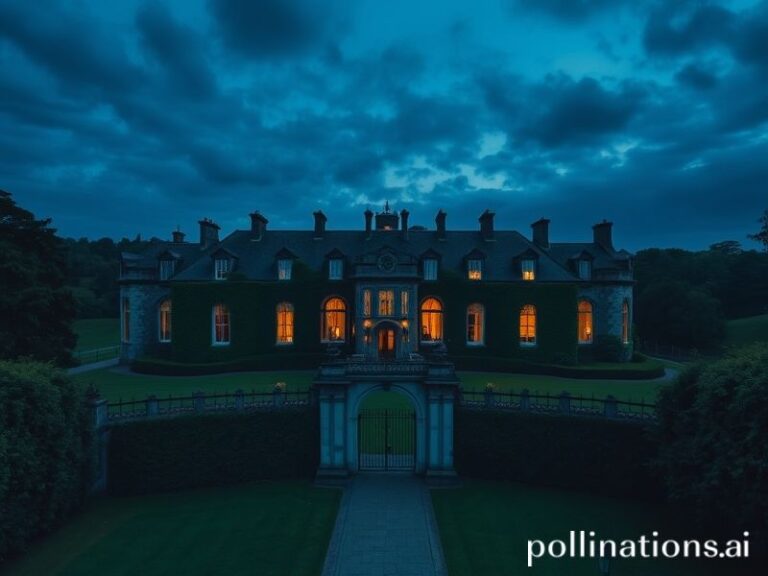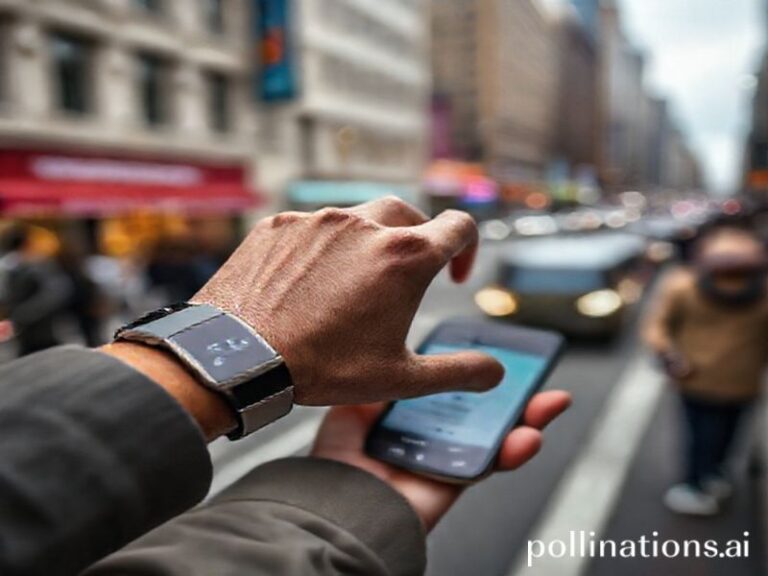d4vd’s Global ‘Update’: A Bedroom Pop Dispatch from the Edge of the World
d4vd’s “Update”: A Casual Memo from the End of the World
By “International” Dave’s Correspondent, currently hiding in a Lisbon café that still accepts cash
Lisbon – If you’ve been doom-scrolling between the COP28 hangover, the slow-motion TikTok ban kabuki in Washington, and whatever fresh horror is trending in the group chat, you may have missed that 19-year-old Houston export d4vd just dropped a new EP titled “The Lost Petals.” The five-track “update” (industry code for “we’re still alive, please pre-save”) arrived unceremoniously at 00:00 GMT last Friday, the exact minute a different kind of update—global average temperature—quietly nudged past another ominous decimal. Coincidence? Sure, and the Titanic merely grazed an ice cube.
Still, d4vd’s timing is impeccable. While glaciers audition for the role of puddle and central bankers rehearse the line “this is fine,” the boy who once recorded vocals in his grandmother’s closet is now soundtracking the collective shrug of a planet that has accepted its push-notification fate. The EP’s lead single, “The Bridge,” is already looping in 73 countries on Spotify’s algorithmic playlist “Liminal Vibes,” sandwiched between a Japanese city-pop revival track and a German hyperpop song about dental anxiety. Somewhere in Brussels, a eurocrat toggles between the two, wondering if culture is still a thing or just a metadata tag.
From Lagos to Lima, the numbers tell the same story: Gen Z listeners are fleeing the major-label monoculture faster than oligarchs ditch citizenship. d4vd’s DIY origin myth—Fortnite montages, $30 USB mic, a SoundCloud account older than his learner’s permit—reads like a Mad Libs version of the American Dream, except the prize isn’t a mansion but a verified checkmark and a Denon DJ contract. The global appeal is obvious: anyone with Wi-Fi can replicate the recipe, minus the part where you still need U.S. streaming infrastructure and an uncle who knows a playlist curator. Call it soft-power pop, the rare export Washington hasn’t sanctioned (yet).
Meanwhile, in Seoul, the K-pop industrial complex is watching d4vd’s organic reach like a cat eyeing a laser pointer. HYBE’s data-mining interns have already fed “The Bridge” into their neural net, producing an internal memo titled “Emulate Bedroom Vulnerability Without Losing Dance Sync.” Expect a seven-member boy band called CURFEW to debut next quarter with a concept built around insomnia and municipal bylaws. The circle of after-life continues.
Back on Earth, the EP’s geopolitical footprint is quietly expanding. In São Paulo, street vendors blast the lo-fi outro “Tears in the Chapel” from Bluetooth speakers strapped to aging mopeds; the mayor’s office is allegedly studying whether the track lowers assault rates during rush hour (early data inconclusive, but the grant money is already spent). In Nairobi, an influencer collective has choreographed a TikTok dance challenge set to “Backstreet,” inadvertently crashing a local telecom tower. Engineers blame “excessive sentimentality.”
The darker joke? While d4vd croons about heartbreak over GarageBand strings, the platforms monetizing him are simultaneously training generative models to replace him. By 2025, a neural network named “d5vd” will release a concept album titled “The Found Petals,” and critics will call it “hauntingly indistinguishable.” Royalties will be paid in carbon offsets. Somewhere, a teenager in Jakarta will still cry, proving that even artificial heartbreak hits harder than the real stock market.
So what does “The Lost Petals” actually signify in the grand, flaming scheme of things? Nothing and everything. It’s a five-song reminder that culture now moves at the speed of anxiety, that sincerity is the last renewable resource, and that the planet’s background music will keep swelling right up to the final curtain. If you listen closely between the hi-hats, you can almost hear the servers humming, the sea levels rising, and the faint, optimistic chord progression that maybe—just maybe—someone in 2090 will dig this up on a cracked iPhone and think we weren’t entirely hopeless. Until then, pre-save, rinse, repeat.







